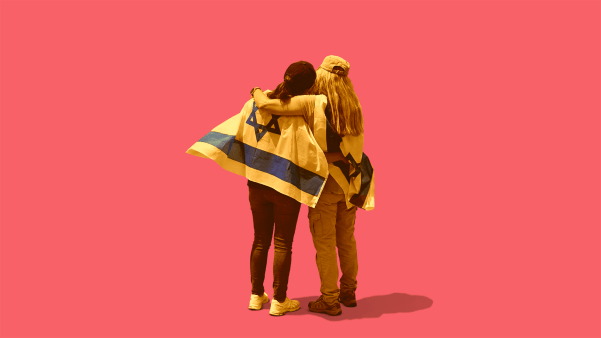The stunning success of Christian outreach among some ethnic minorities in Asia has fueled religious resentment and repression.
In Myanmar, also known as Burma, the country’s xenophobic military junta has strangled mission work, forcing church groups to congregate in neighboring Thailand.
But the repression has not stopped church leaders from speaking out for religious freedom. Burma Issues, based in Bangkok, has quietly and effectively supported grassroots work for peace inside Myanmar since 1988.
“The church has to play the prophetic role: Speaking out against that which is wrong,” asserts Burma Issues cofounder Max Ediger, an American Mennonite. “I don’t think the church should worry that it’s a small minority. It was a small minority in the New Testament. And if it means the church suffers, so be it.”
Myanmar, with a population of 46 million, has one of the world’s largest concentrations of Buddhists. The country has an estimated 1 million pagodas, or Buddhist temples. Christians make up only about 6 percent of the population but are growing at an annual rate of 5 percent.
In March, Christians Concerned for Burma, based in the northern Thailand city of Chiang Mai, organized the first Global Day of Prayer for Burma. Prayer services were held in North America, Europe, Africa, Asia, and on the Internet.
“We were overjoyed with the response,” a spokesperson says. “Civil war has been raging for over 40 years. What will be said about Christians when people remember this period of Burma’s history?”
Christian ministry has been most successful among ethnic minorities. During the nation’s period of British colonial rule, from 1886 to 1942, Christian outreach took place mostly among three ethnic groups: the Karen, the Kachin, and the Chin.
The successful spread of Christian faith among these groups has not been without unhappy consequences. The Karens’ plight illustrates how well-meaning overseas support for local Christians can contribute to political problems.
In 1994, Buddhist Karens withdrew from the Christian-led Karen National Union (KNU), which opposes Myanmar’s central military regime. The Buddhists then formed the Democratic Karen Buddhist Army (DKBA) and quickly allied itself with the government. A military offensive against the knu occurred early this year.
Buddhist Karens formed the DKBA because they felt disgruntled at being excluded from the generous material and educational support given Christian Karens by Western churches.
Equally desperate prospects face another ethnic group, the Chin, whose homeland in western Myanmar borders India and Bangladesh. The first American Baptist missionaries arrived among the then-animist Chin in 1898. But now about 95 percent of Chins are Christian. The Myanmar military government, the State Law and Order Restoration Council (SLORC), forcefully controls the Chin people. There have been attempts to coerce Christian Chins into converting to Buddhism, even though Buddhism is no longer the state religion. Buddhist converts enjoy many advantages. Unlike Christians, they are not targets of forced labor, nor do they have to pay taxes. And they may buy more rice than is allowed Christians under a system of ration cards.
“SLORC knows that Chin people are poor,” says a spokesperson for the Bangladesh-based Chin National Front, which tries to organize and educate Chin people in Myanmar. “If they can’t do it with money, maybe next time they’ll do it with guns. If SLORC can convert the Chin people [to Buddhism], we would lose our culture, we would forget our origin.”
Chin Christians are tightly knit and devout, worshiping in church at least four times a week. “It makes us forget our suffering,” the spokesperson says.
Copyright © 1997 Christianity Today. Click for reprint information.









